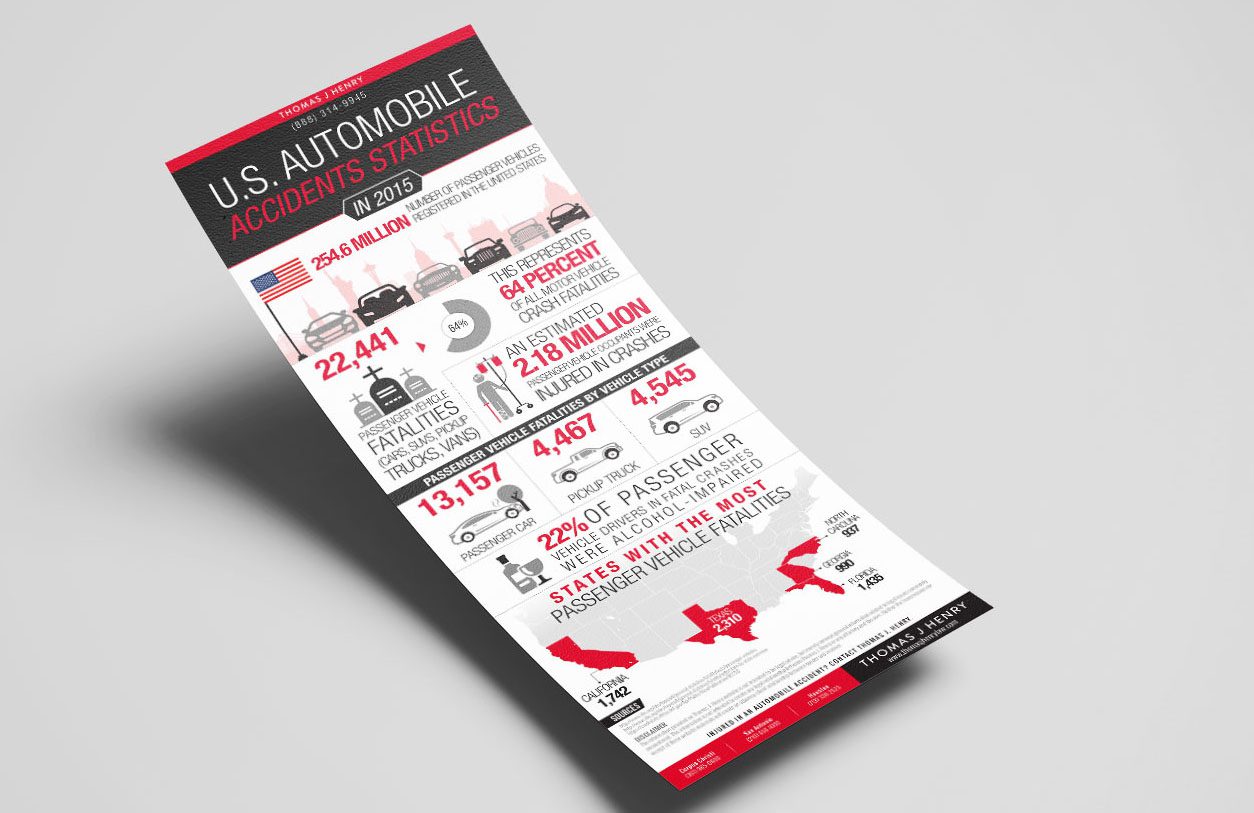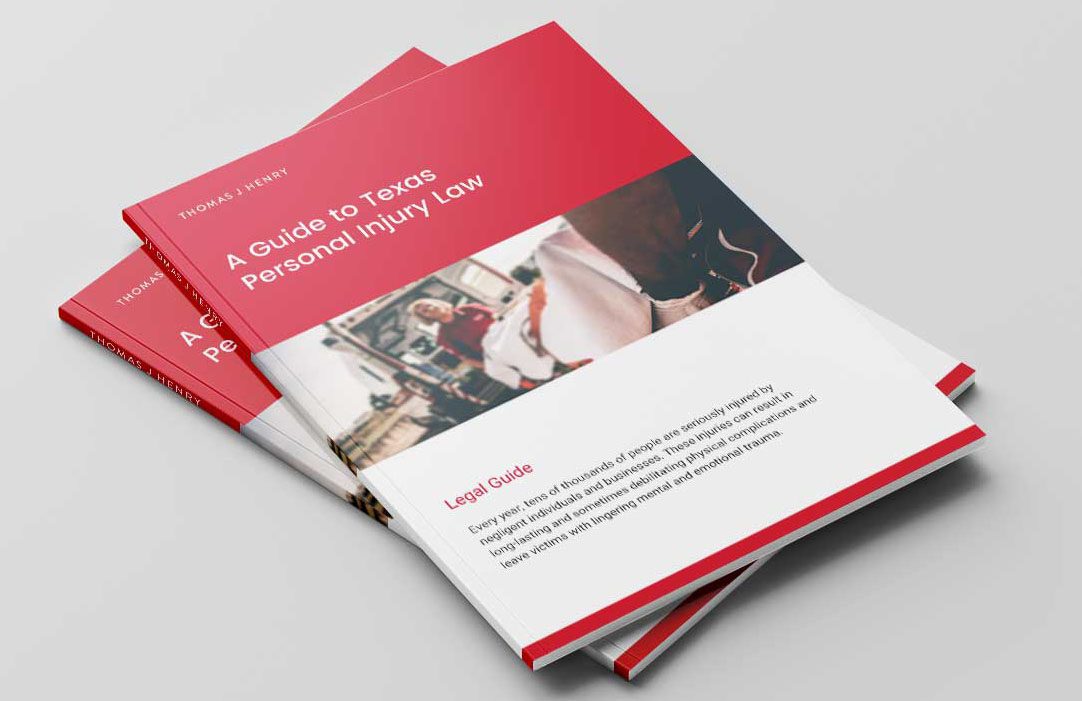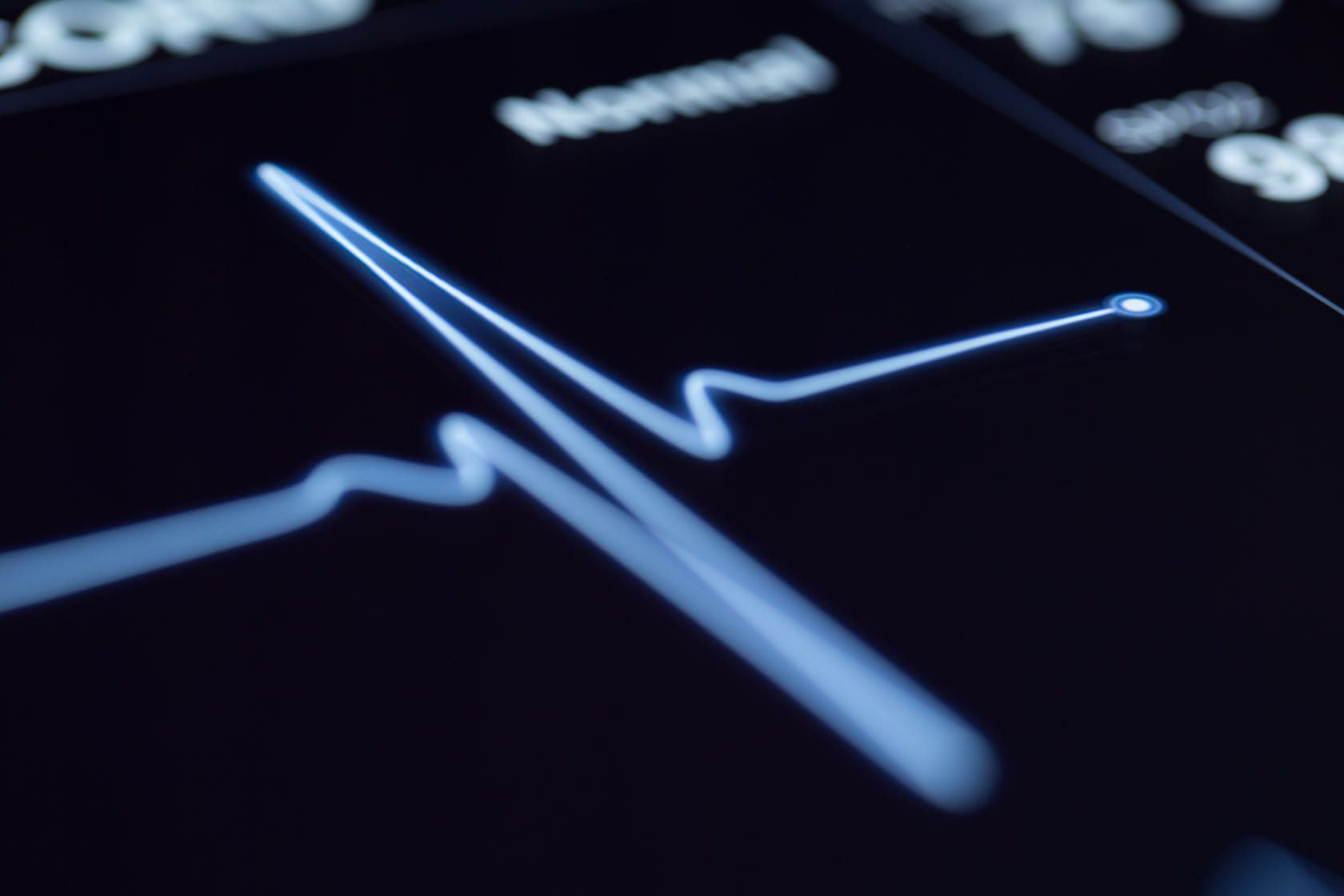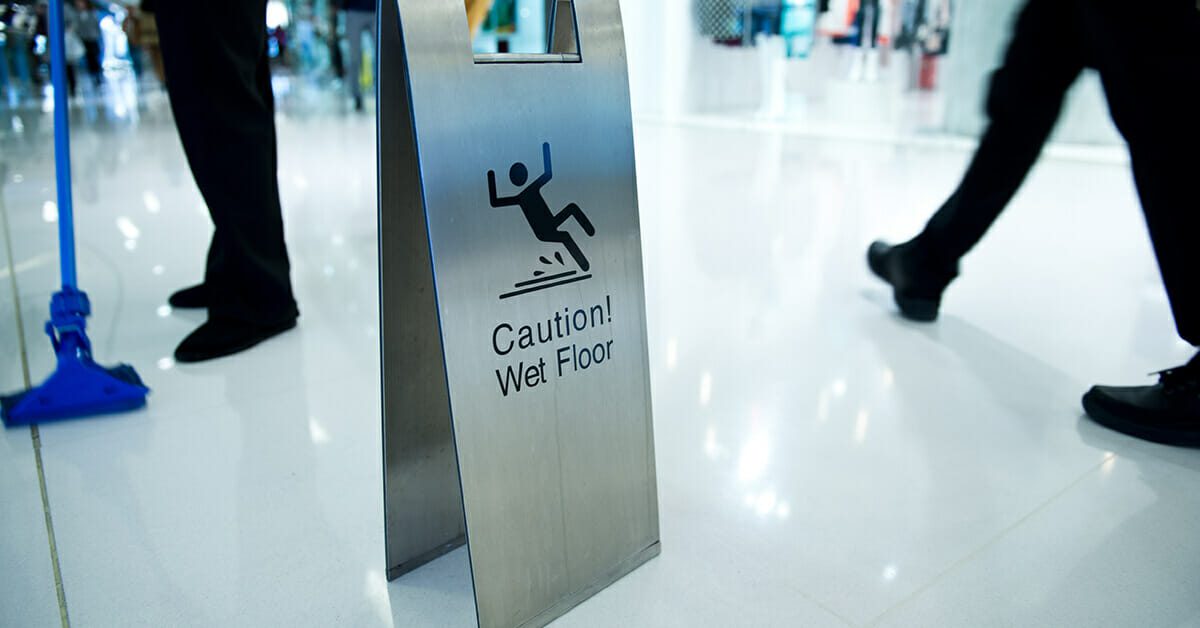On This Page
Types of ADHD Medications
ADHD medications fall into one of two categories: stimulants and non-stimulants.
Stimulants are the most common type of ADHD medication. These drugs are comprised of amphetamines and methylphenidates and work by increasing the production of dopamine and norepinephrine, which help with thinking and attention.
Stimulant ADHD medications include:
- Ritalin (methylphenidate)
- Adderall (amphetamine, dextroamphetamine)
- Concerta (methylphenidate)
- Dexedrine, Dextrostat (dextroamphetamine)
- Metadate (methylphenidate)
- Daytrana (methylphenidate)
- Non-stimulants are less common than stimulant ADHD medications and take longer to work than their counterparts. However, non-stimulants are oftentimes prescribed to patients who may be prone to suffer from the potentially fatal side effects of stimulant drugs.
Non-stimulant ADHD medications include:
- Strattera (atomoxetine)
- Catapres, Kapvay, Nexiclon, Duraclon (clonidine)
FDA Warnings Regarding Dangerous ADHD Drugs
Drug manufacturers of ADHD medications are required by the FDA to disclose the following ADHD medication side effects and warnings in the Patient Medication Guides.
Stimulants (i.e., Ritalin, Adderall, Dexedrine)
Heart-related problems:
- Sudden death in patients who have heart problems or heart defects
- Stroke and heart attack in adults
- Increased blood pressure and heart rate
- Mental (psychiatric) problems:
- New or worst behaviors and thought problems
- New or worse bipolar illness
- New or worse aggressive behavior or hostility
- New psychotic or manic symptoms in children and teenagers
- Circulation problems in fingers and toes:
- Includes peripheral vasculopathy, Raynaud’s phenomenon
- Fingers or toes may feel numb, cool, painful
- Can be abused or lead to dependence
Non-stimulants (i.e., Strattera, Catapres)
- Suicidal thoughts and actions in children and teenagers
- Severe liver damage
- Heart-related problems
- Sudden death in patients who have heart problems or heart defects
- Stroke and heart attack in adults
- Increased blood pressure and heart rate
- New mental (psychiatric) problems in children and teenagers


























